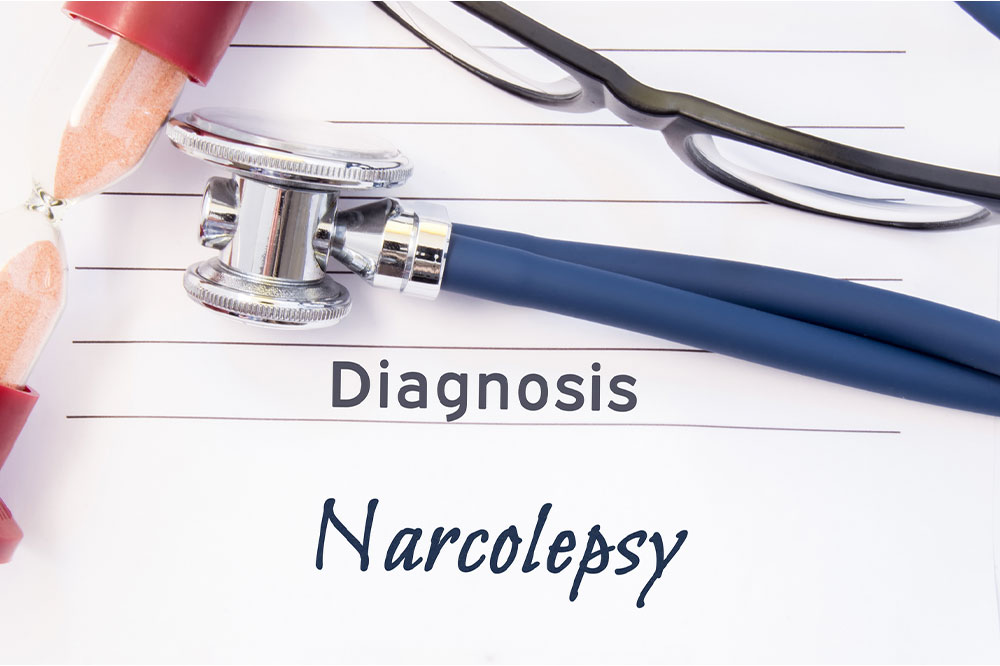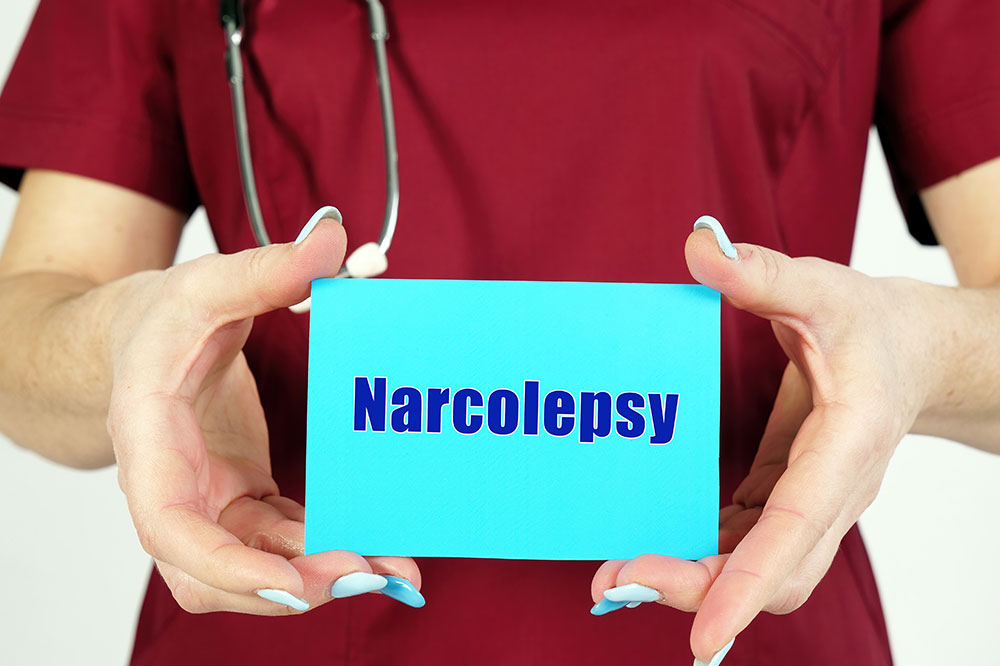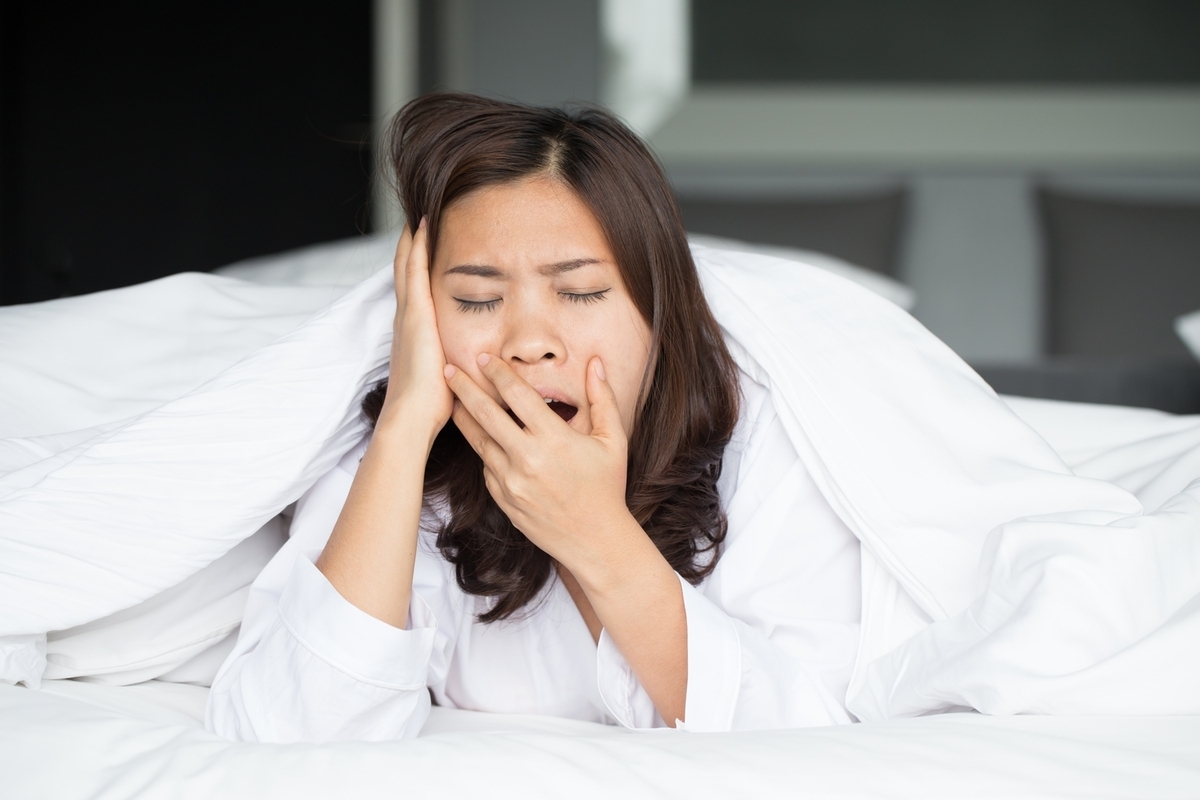Understanding Narcolepsy: Symptoms, Causes, and Management
This article offers a comprehensive overview of narcolepsy, covering its symptoms, potential causes, diagnostic procedures, and management strategies. Recognizing signs early and understanding treatment options can significantly enhance the quality of life for individuals with this neurological sleep disorder.
Sponsored

Narcolepsy is a neurological condition affecting sleep-wake regulation. Individuals with this disorder experience overwhelming daytime sleepiness that occurs suddenly, regardless of environmental factors like location or activity. This uncontrollable sleepiness can lead to unexpected sleep episodes during the day. The exact cause remains unknown, though research suggests a genetic component may be involved.
Normal Sleep vs. Narcoleptic Sleep Patterns
Typically, sleep occurs mainly at night, with occasional daytime naps.
The sleep cycle involves several phases, including REM sleep during which dreams occur. Normally, REM onset takes about 90 minutes into sleep. Narcolepsy causes individuals to enter REM sleep almost immediately after falling asleep, regardless of the time of day. This leads to fragmented sleep at night, affecting overall sleep quality, and causes excessive daytime sleepiness.
Although the exact cause of narcolepsy is not fully understood, current research points to genetic factors affecting hypocretin production, a chemical that regulates sleep. Reduced hypocretin levels can disrupt sleep-wake cycles. Various triggers, such as genetic inheritance, stress, hormonal changes, or infections like H1N1, might contribute to the disorder. Often, narcolepsy begins during adolescence or early adulthood and can range from mild to severe symptoms.
Common signs include extreme daytime sleepiness, hallucinations, sleep paralysis, and sudden muscle weakness known as cataplexy. These symptoms can interfere significantly with daily activities and may be alarming for those affected.
Diagnosis involves physical exams and specific sleep tests such as polysomnography (PSG) and the Multiple Sleep Latency Test (MSLT). While no cure exists, medications like antidepressants and lifestyle adjustments—such as reducing caffeine and alcohol, maintaining regular sleep schedules, and managing stress—can help control symptoms and improve quality of life.






